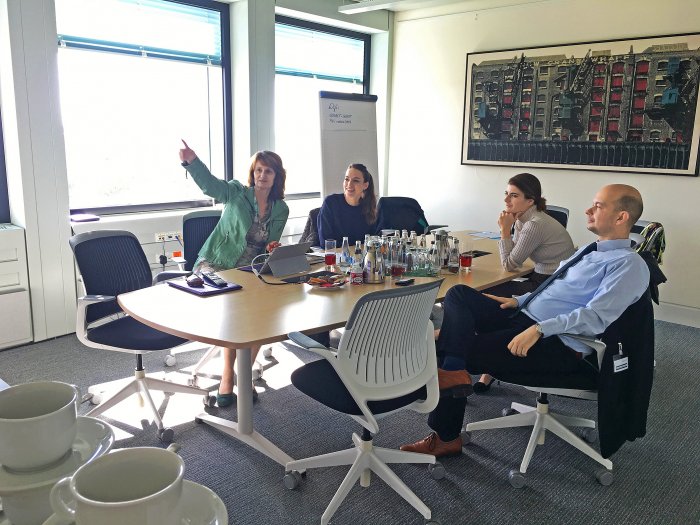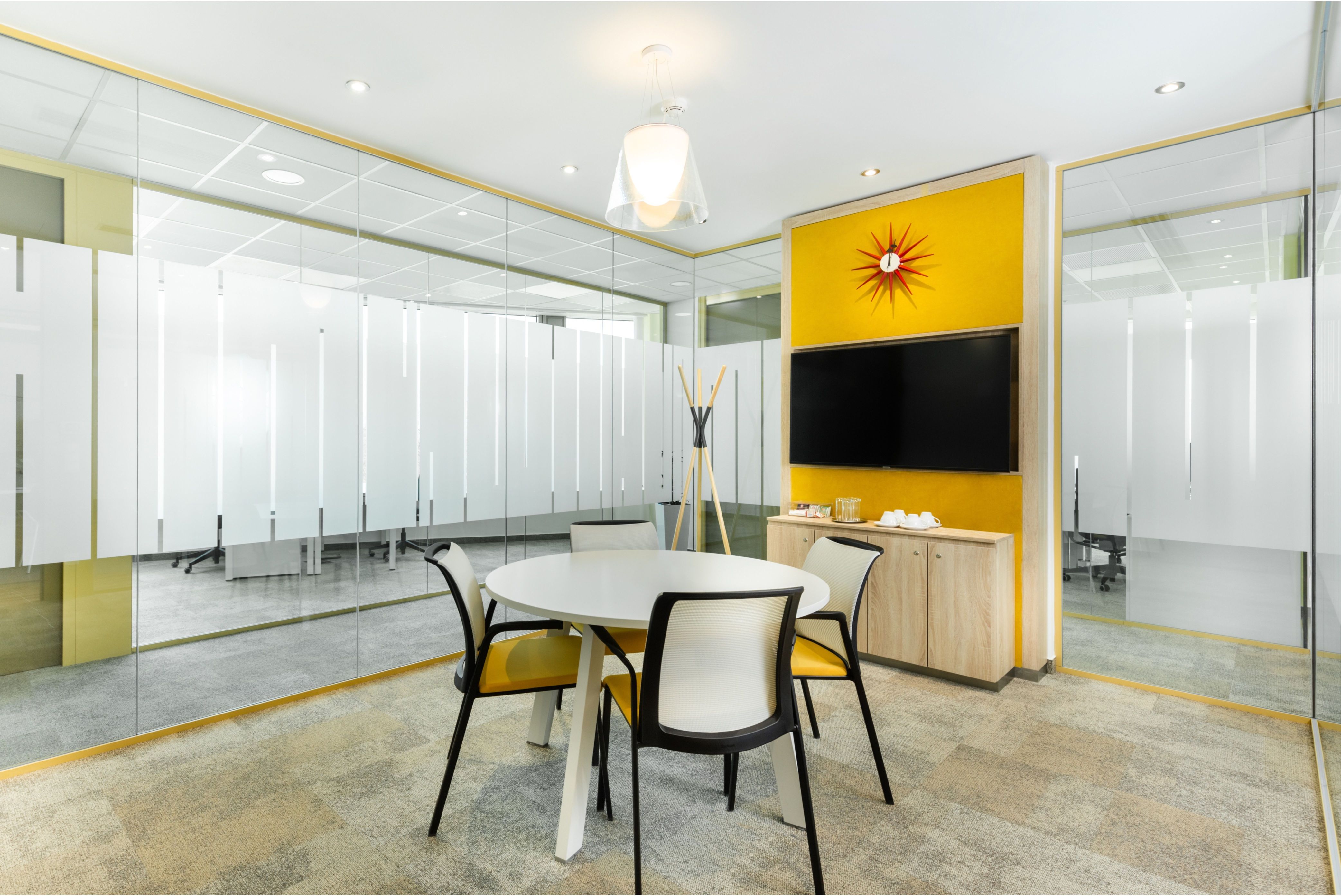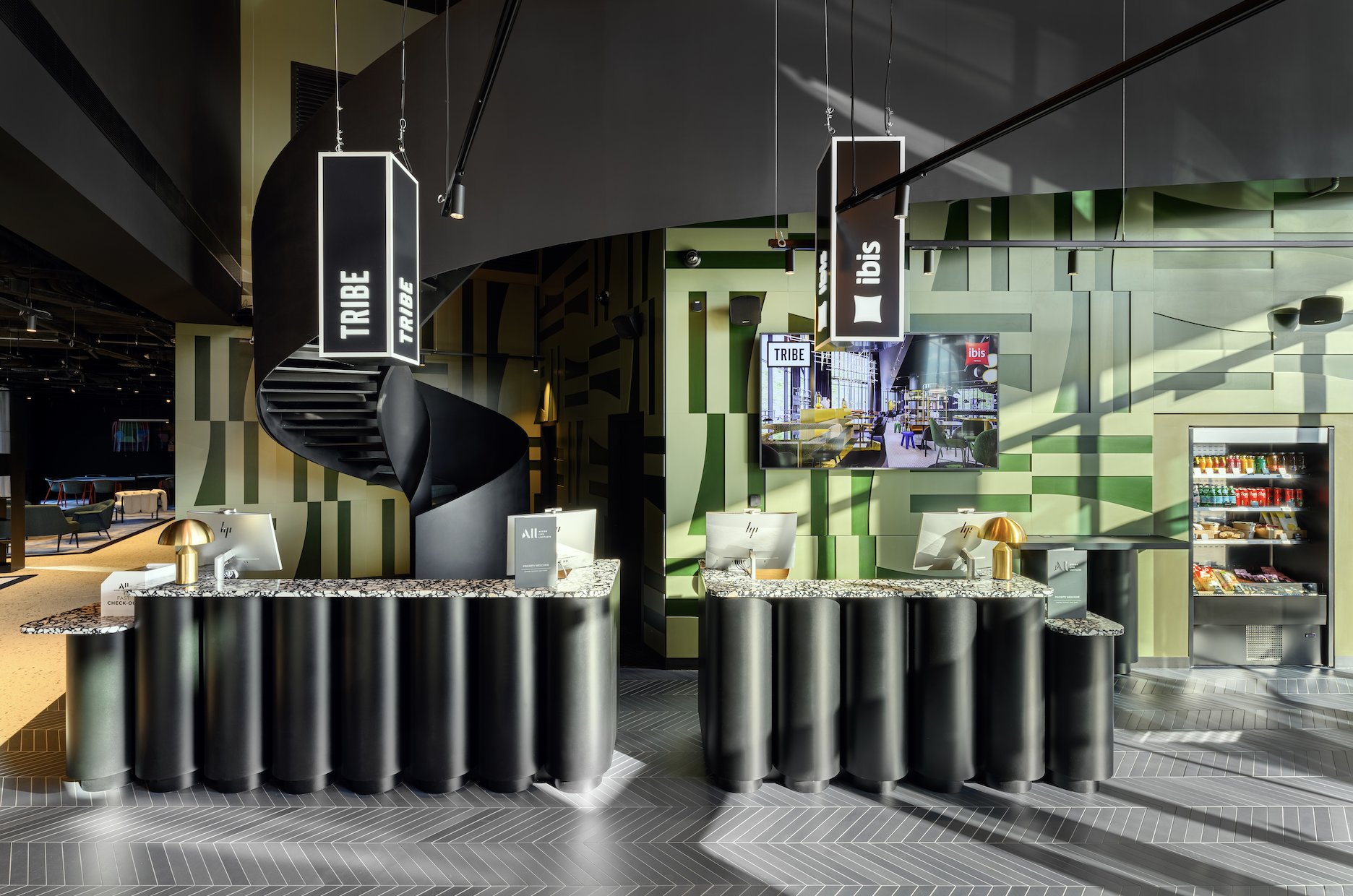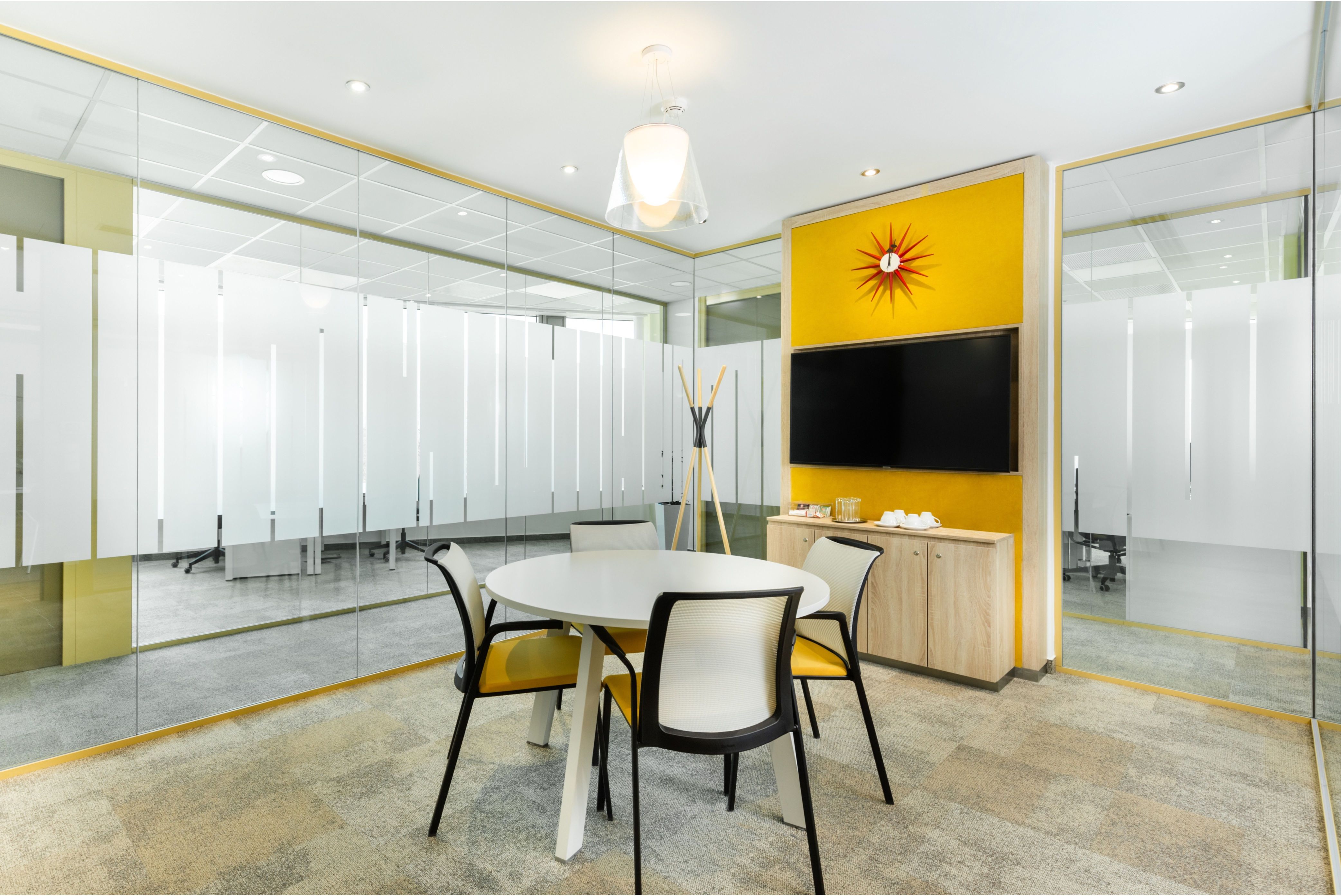Helping Hungarian Firms Find Their way to German Markets

The second best thing in the life of a business venture, after securing investment, is foreign expansion. It is also the second most challenging to achieve. It’s even harder when you come from a market as small as Hungary and can’t boast a country brand like France or the United Kingdom.
Getting to these markets is not impossible but even in Germany, the closest target of many, competition is tough. Hungarian enterprises have to compete with the 40-million strong market of Poland in addition to the 80-million German market.
“Add to that the Czech and the Austrian markets, and you’ll find yourself competing against a 140-million market,” says József Török, director of business development and startups at Széchenyi Tőkealap-kezelő Zrt. Germany is almost inaccessible unless you have partners or contacts here, he adds over a cup of coffee in a specialty café in Berlin.
Török arrived in the German capital, together with Borbála Farkas-Főzy, senior investment manager of Hungarian state-owned venture capital investment fund Hiventures, at the invitation of Startup Campus Berlin, an organization that helps enterprises of the CEE-region to build business and get the next round – usually series-A – investment on the German market. The occasion for the visit was the annual meeting of the German Private Equity and Venture Capital Association (BVK), a forum and a gala dinner, where the density of VCs and potential future partners is higher than average.
Though both came with the overall aim of networking and furthering their businesses, their focus is different. Hiventures invests in earlier-stage, higher-risk enterprises – previously a niche in the Hungarian market – and therefore is looking at companies that have foreign market potential. Despite being a fairly new entity, operational from early 2017, Hiventures already has an impressive number of investments, which is a good entrée in foreign markets, Farkas-Főzy says.
“Our aim is to put Hiventures as a Central-Eastern European VC entity on the map so potential partners know about our presence”, she says. “I am also here to get a better understanding of what local VCs might be interested in. And, of course, I am aware of which of our portfolio partners have an interest in Germany.”
Unlike Hiventures, SZTA is not mainly after global success stories. Only a quarter of the companies it has invested in are startups or from typical startup fields such as biosciences, fashion, IT, etc. The majority of SZTA’s portfolio consists of more mature firms – small enterprises in manufacturing and the service industry with a track record in Hungary or in the export markets. The average investment was HUF 146 million, increasing up to EUR 1 mln.
Wider Networks
“I am here to widen our international network”, Török says. “When we sit down with a German (M&A) investment firm, we talk about two types of cooperation: they would either help us with their sales relations and knowledge of industry suppliers or with series-A or B-capital.”
Both Hiventures and SZTA came with a portfolio that fits the main categories Startup Campus Berlin is focusing on: digital health.
“This industry is quite strong in Berlin,” says Zoltán Galla, head of the Berlin hub. You can find here Europe’s largest university hospital, Charité. The startup accelerator of Bayer Pharmacy, G4A, and the international accelerator network the StartupBootcamp are also based here. Contrary to what its name might suggest, Startup Campus Berlin does not focus on early stage startups.
“We help technology-based enterprises in the stage of growth enter the German market and secure investment for global scaling up,” Galla explains.
In the first three months of their year-long program, which any enterprise can join, their team monitors the market, assesses competition and advises the company if its service/product stands a chance or not. If it does, they actively seek cooperation with different organizations, set up meetings with potential business partners and organize pitch presentations to prospective VC investors.
Startup Campus Berlin fully represents the company, thus making the constant presence of the Hungarian startups unnecessary.
100% Focus
“Of course, enterprises need to come to Germany once a month, for business meetings or events we find could be important for them. We prepare everything in advance, which allows them to focus 100% on the business development,” Galla explains.
SZTA and Hiventures will repeat their visits because continuous face time is crucial in this segment, he adds. “Swapping business cards is the first step, but the goal of the first meeting is always to arrange the next one. We will keep monitoring what would suit collaboration best and going to develop the project in line with the initiatives the parties have identified.”
Though almost all companies want to expand abroad, most are not willing to pay the price and dedicate the time for it, Galla reckons.
“Many firms would spend only 5% of the investment they receive on foreign expansion. To achieve their goals, they should set aside at least 10 or 20%.”
It is not necessarily the enterprises that are reluctant to devote more to foreign markets, but investors, Török notes, as many have financed failed attempts abroad. They just want to make sure the money is well spent and that any trip abroad is really necessary and well-focused, he adds. This is where Startup Campus Berlin could help.
What Hungarian enterprises could benefit from, and Hiventures is also aiming to achieve, is international follow-on investment. Western European VC firms are well-embedded in the ecosystem and they also provide ancillary services such as legal representation, Farkas-Főzy notes.
“My primary goal was to build ties with VCs, which was successful as I met some that are active in the region.”

The Hungarian team hoping to build networks in Germany.
SUPPORT THE BUDAPEST BUSINESS JOURNAL
Producing journalism that is worthy of the name is a costly business. For 27 years, the publishers, editors and reporters of the Budapest Business Journal have striven to bring you business news that works, information that you can trust, that is factual, accurate and presented without fear or favor.
Newspaper organizations across the globe have struggled to find a business model that allows them to continue to excel, without compromising their ability to perform. Most recently, some have experimented with the idea of involving their most important stakeholders, their readers.
We would like to offer that same opportunity to our readers. We would like to invite you to help us deliver the quality business journalism you require. Hit our Support the BBJ button and you can choose the how much and how often you send us your contributions.










